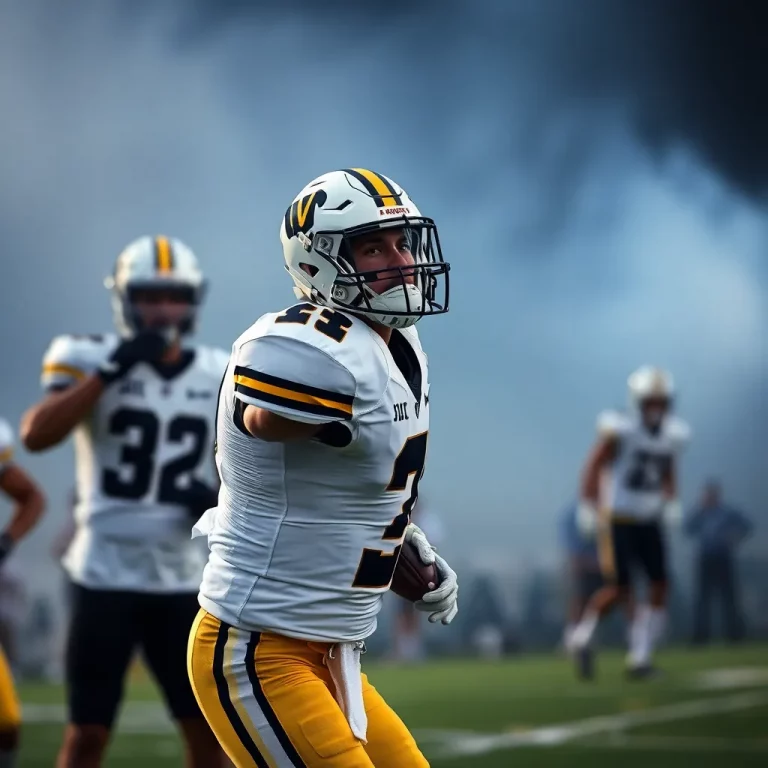In Nashville, two current Vanderbilt football players are part of a class action lawsuit against the NCAA, shedding light on a rule that many believe unfairly limits college athletes. The lawsuit was officially filed on Tuesday, September 2, in U.S. District Court and includes linebacker Langston Patterson and defensive lineman Issa Ouattara as plaintiffs.
Alongside them are several other current and former athletes, including Hawaii quarterback Brayden Schager. Both Patterson and Ouattara are in their fourth seasons at Vanderbilt and are approaching the end of their eligibility unless they choose to redshirt this year by playing in fewer than four games, which would allow them to compete again in 2026.
The heart of the lawsuit challenges the NCAA’s five-year rule which gives athletes only five years to participate in four seasons of competition. The lawsuit claims this rule “arbitrarily cuts short” athletes’ chances to compete and infringes upon antitrust laws. Currently, most sports do not permit redshirt players to compete in their designated season. In college football, players are allowed to appear in up to four regular season games and five postseason games.
The plaintiffs are not seeking unrestricted eligibility. Instead, they aim for a system where athletes can play during all five years of their eligibility. They point out that while redshirt athletes are allowed to practice and participate in team activities, they are barred from real game competition, which seems inconsistent. Furthermore, the requirement forces freshmen to make tough choices about whether to play immediately or keep an additional year of eligibility that potentially limits their earning opportunities through name, image, and likeness (NIL) deals, as well as revenue sharing.
Ryan Downton, the attorney representing the plaintiffs, stated, “The NCAA has no basis to prohibit a player who is working just as hard as all of his teammates from stepping on the field to compete against another school.” He emphasized, “Five years to practice, five years to graduate, five years to play.” Downton has experience with NCAA policy changes, having previously helped a Vanderbilt quarterback secure an extra year of eligibility.
This lawsuit is not an isolated case, as various legal challenges against NCAA eligibility rules have emerged around the country. These suits have had mixed results, with some athletes gaining additional eligibility while others have not. Unlike those individual cases, this current lawsuit is pushing for a broader reform of NCAA rules.
The NCAA has responded by reaffirming its commitment to its eligibility standards, including the five-year rule, stating that it allows student-athletes a significant opportunity in their academic and athletic careers. An NCAA spokesperson remarked that changes in college sports often require cooperation from Congress if they aim to alter widely accepted academic requirements.


